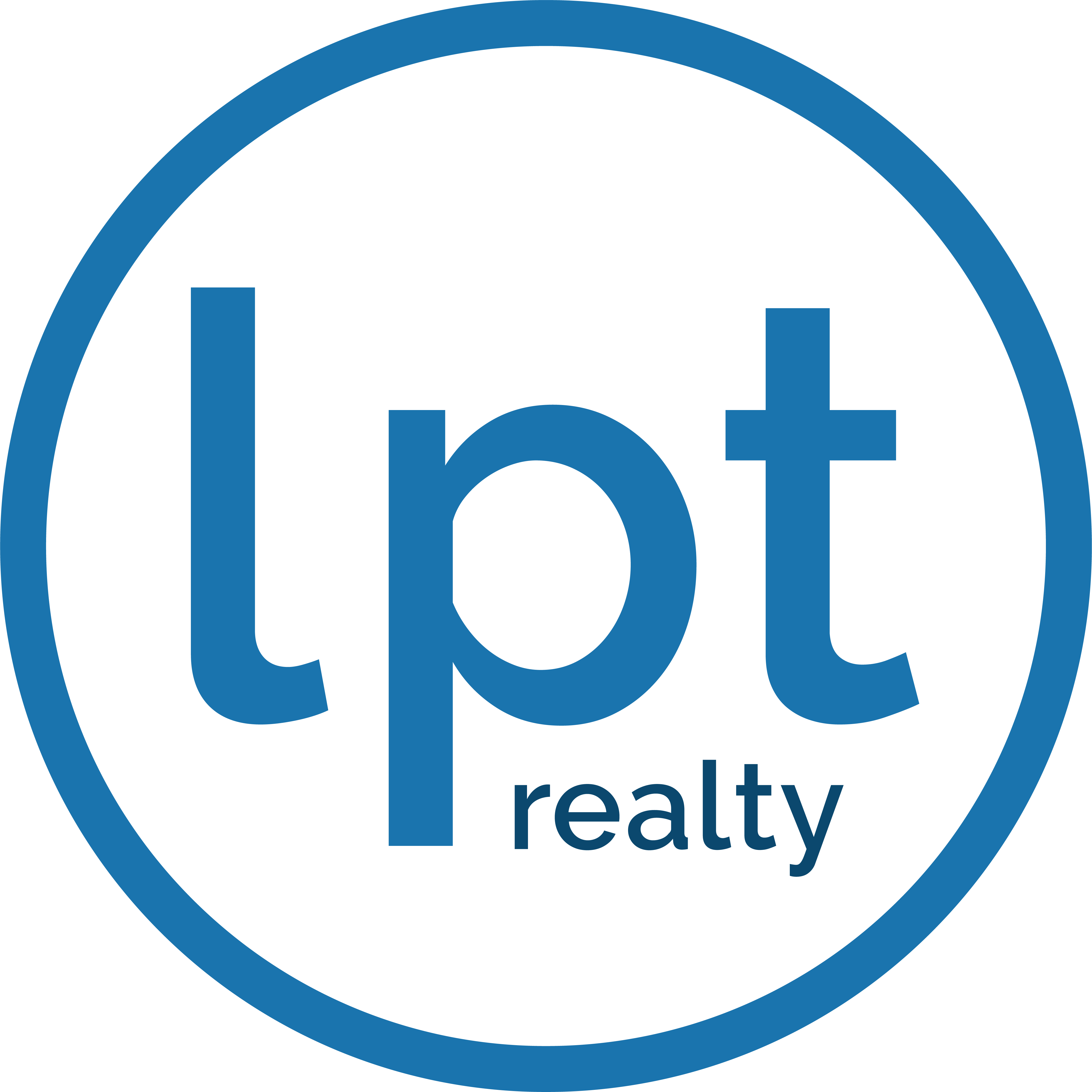Commercial Property: Buying vs. Leasing - Which Is Right for Your Business?

Deciding whether to buy or lease commercial property is a critical decision for businesses of all sizes. Each option comes with its own set of advantages and considerations that can significantly impact your bottom line and long-term growth. In this blog post, we'll explore the pros and cons of buying and leasing commercial property to help you make an informed decision for your business.
Pros and Cons of Buying Commercial Property:
-
Ownership:
- Pro: Buying commercial property gives you ownership and control over your space, allowing for customization and potential equity growth.
- Con: Requires a substantial upfront investment, including down payment, closing costs, and ongoing maintenance expenses.
-
Stability:
- Pro: Stable long-term occupancy with no risk of lease termination or rent increases.
- Con: Limited flexibility compared to leasing, making it harder to adapt to changing business needs or market conditions.
-
Investment Potential:
- Pro: Potential for property appreciation and additional income streams through rental or resale.
- Con: Property values can fluctuate, and returns may vary depending on market conditions and property management.
-
Tax Benefits:
- Pro: Tax deductions for mortgage interest, property taxes, and depreciation can provide significant savings.
- Con: Initial tax benefits may diminish over time, and tax liabilities can vary based on changes in tax laws.
Pros and Cons of Leasing Commercial Property:
-
Flexibility:
- Pro: Leasing offers flexibility to adjust space, location, and lease terms to meet evolving business needs.
- Con: Limited control over the property, with potential for rent increases, lease terminations, or restrictions on modifications.
-
Lower Initial Costs:
- Pro: Requires less upfront capital compared to buying, with lower initial costs and fewer financial risks.
- Con: No opportunity for equity buildup or long-term asset appreciation associated with property ownership.
-
Maintenance:
- Pro: Landlord typically responsible for property maintenance and repairs, relieving tenants of maintenance costs and responsibilities.
- Con: Limited control over property upkeep and potential for landlord delays or neglect in addressing maintenance issues.
-
Overhead Stability:
- Pro: Predictable monthly lease payments facilitate budgeting and financial planning.
- Con: Rent increases, lease renewals, or changes in market conditions can impact long-term occupancy costs.
Conclusion: Choosing between buying and leasing commercial property depends on various factors, including your business goals, financial resources, and risk tolerance. While buying offers long-term stability and potential investment benefits, leasing provides flexibility and lower initial costs. Ultimately, the decision should align with your business strategy and long-term objectives.
Consider consulting with a commercial real estate advisor to evaluate your options and determine the best course of action for your business's success.
Categories
Recent Posts










GET MORE INFORMATION

